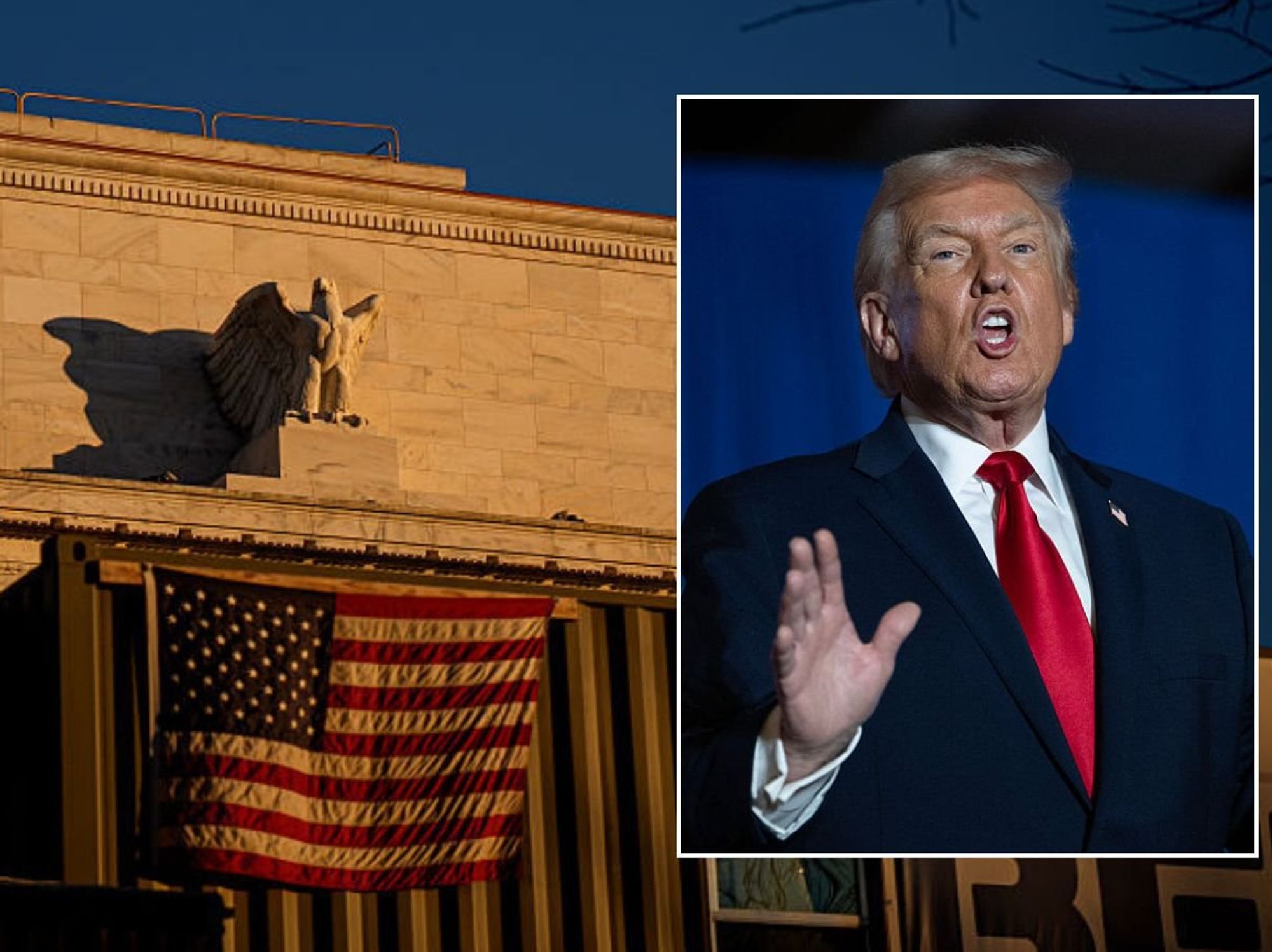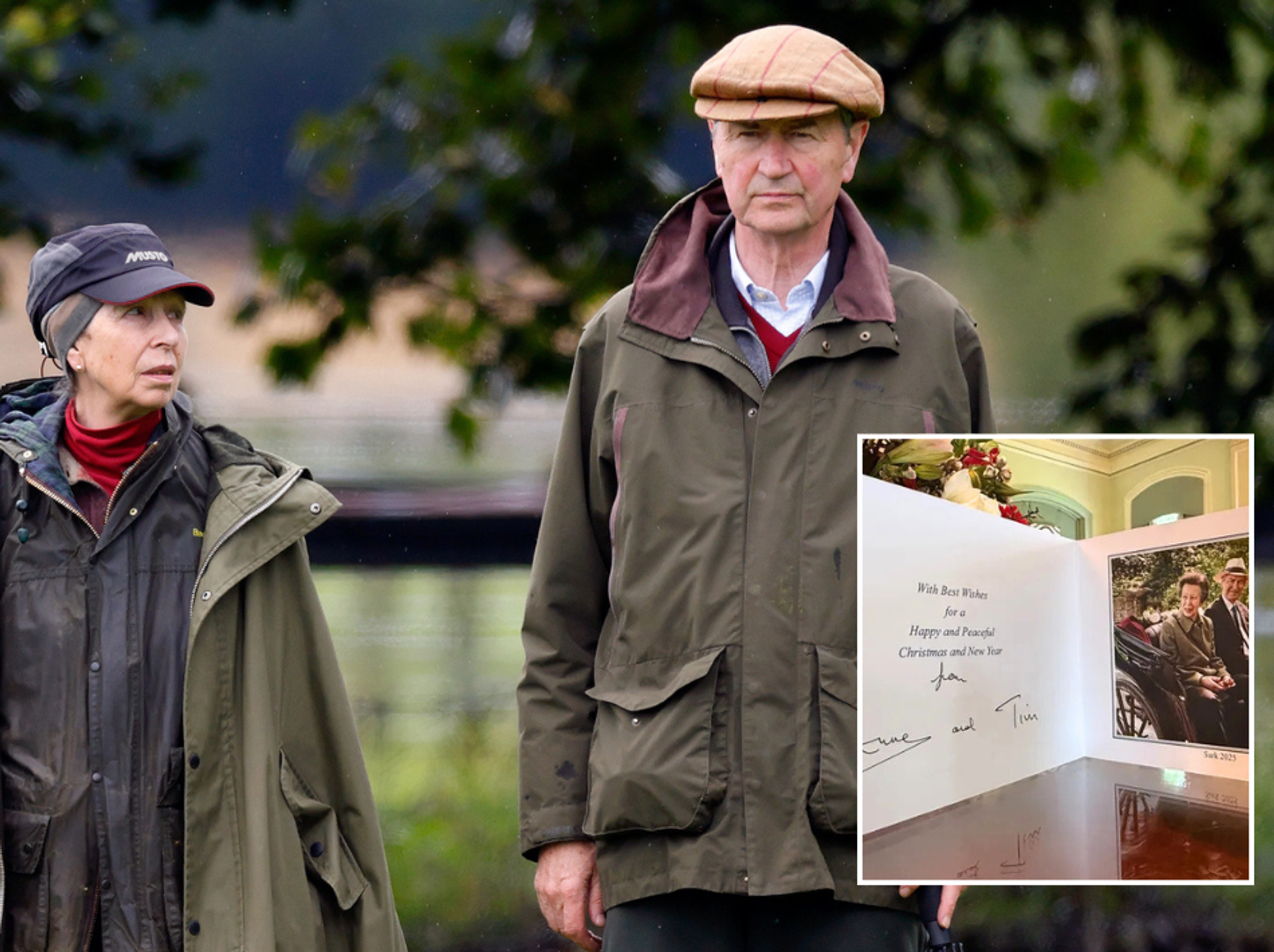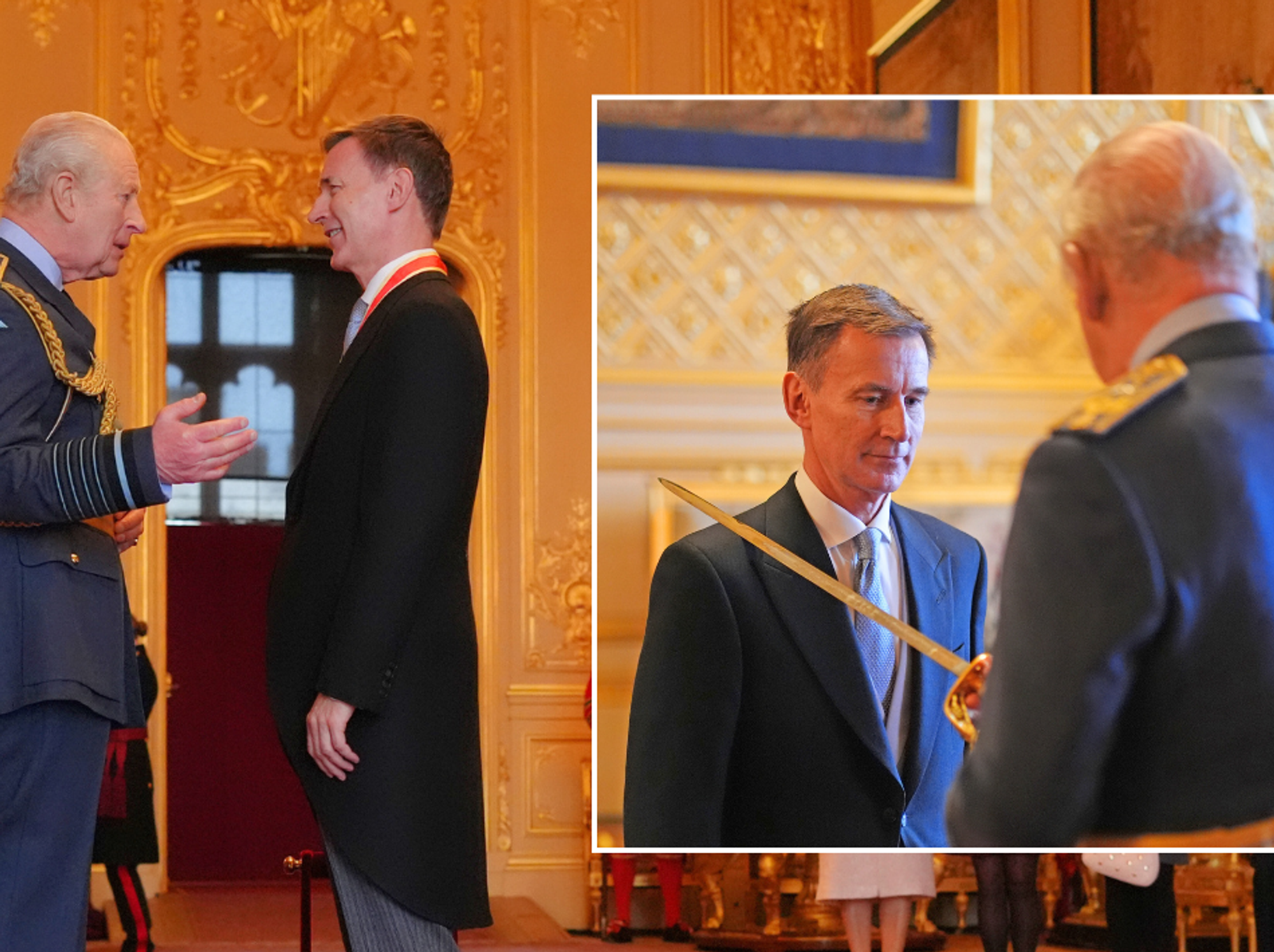Covid: Not Sage's job to 'spread gloom' says chief scientific adviser
Sir Patrick Vallance said the Scientific Advisory Group for Emergencies 'do not, contrary to what you might have heard, only model the worst outcomes'
Don't Miss
Most Read
The Government’s chief scientific adviser has defended the “the unenviable task” of epidemiological modellers during the Omicron outbreak as he said it was not their job to “spread gloom”.
Sir Patrick Vallance said it was not the responsibility of the Scientific Advisory Group for Emergencies (Sage) “to take a particular policy stance or to either spread gloom or give Panglossian optimism”.
The comments appeared to respond to criticism of Sage’s Omicron modelling as fear-provoking, with Sir Patrick warning those participating in the debate “need to consider all the data in the round, not only those parts that fit an argument while ignoring the rest”.
“That is not science, even though it might sometimes make an entertaining read,” he continued in a piece written for The Times.
Sir Patrick wrote science was “self-correcting” and “advances by overturning previous dogma and challenging accepted truths”.
“Encouraging a range of opinions, views and interpretation of data is all part of the process. No scientist would ever claim, in this fast-changing and unpredictable pandemic, to have a monopoly of wisdom on what happens next,” he added.
A widely reported statement from the SPI-M-O, a group of scientists who report to Sage, on December 18 warned hospitalisations could peak between 3,000 and 10,000 a day and deaths at between 600 and 6,000 a day based on models assuming no new restrictions were introduced.
Sir Patrick said modellers were “trying to model lots of different scenarios of how the wave of Omicron might grow, determine which factors are likely to have the biggest impact on spread and its consequences, and to assess how different interventions might alter the outcomes.
“They do not, contrary to what you might have heard, only model the worst outcomes.”
The comments follow an interview the scientist did with Radio 4 in October in which he said his job was “not to sugarcoat” reality.
He said at the time: “My mantra for a long time during this (pandemic) has been… ‘You’ve got to go sooner than you want to in terms of taking interventions. You’ve got to go harder than you want to, and you’ve got to go more geographically broad than you want to.”











